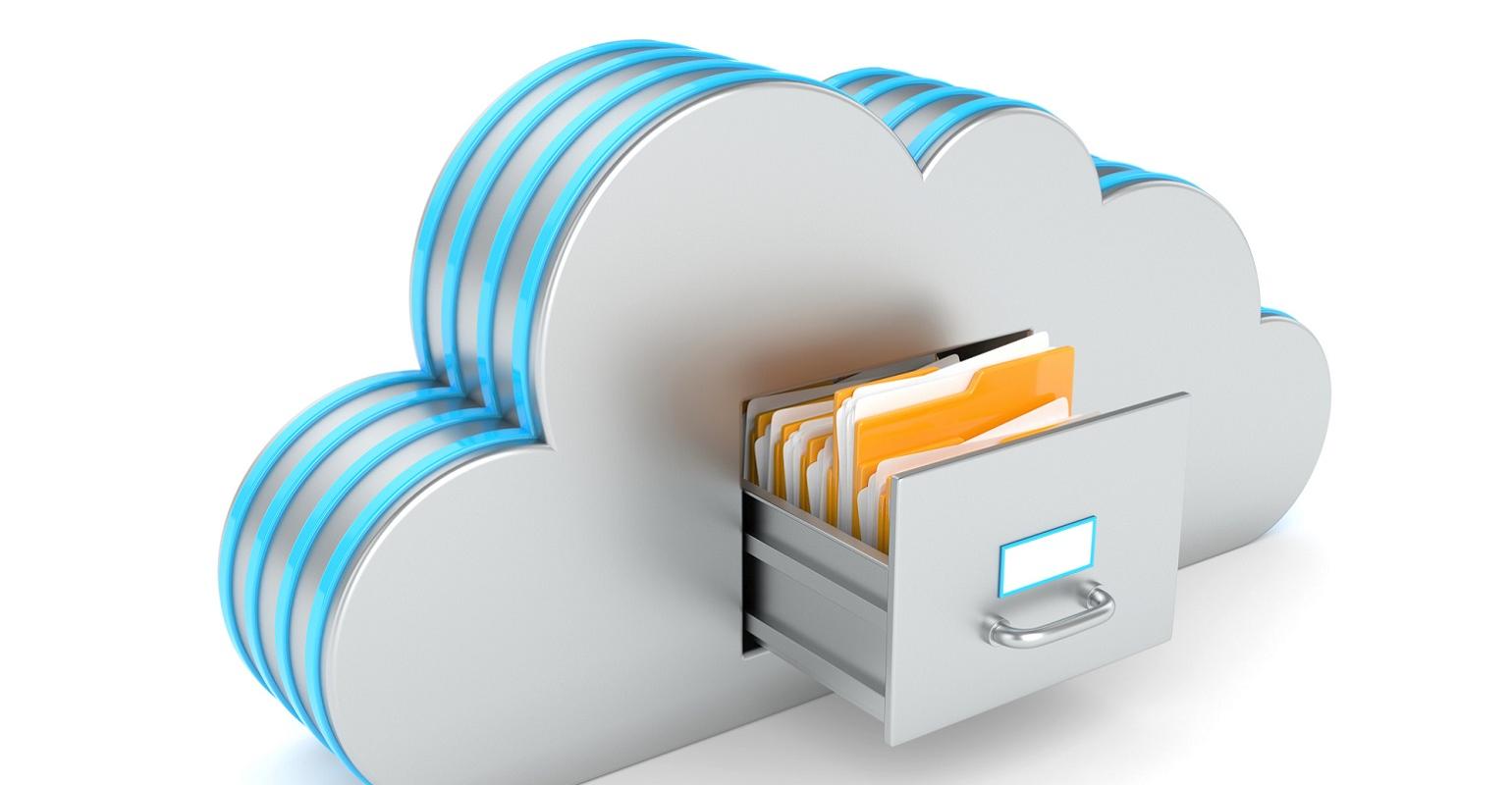Data loss can occur in any business at any level and time. However, the possibility of losing your data should not worry you if you take preventive measures like performing timely Office 365 backup to remain afloat after a data crash. Here are all the essential details you need about data backup.
What is Data Backup?
We start our journey by defining data backup. Simply put, data backup is the process of copying data to let you recover it when you lose the original copy. It ensures you recover the lost information easily and quickly to avoid costly and prolonged disruptions.
When Should You Back Up Your Data?
When you should back up your data is essential. So, pay attention to your schedule because you could shortchange your data backup efforts. You can store your information based on the following three criteria.
Occasional use
Some kinds of information only require backup when you change them. For instance, if you seldom use some computers in creating new files, and the files rarely change, you don’t require regular backups. Instead, you only have to back up such information monthly.
Regular and private use
You can also perform your backup based on usage regularity and privacy. For instance, if you generate data that changes after a few days, you may back them up weekly.
Daily use
Lastly, if your information keeps changing after a few hours or days, you should back them up daily or even hourly. This scenario is relevant for actively used computers.
What Kind of Data Should You Back Up?
So, what kind of data should you back up? This question is critical since it holds the key to your data backup success. Generally, you have to back up all details you feel you can’t replace easily. For example, store all your relevant emails, photos, customer details, supplier information, and databases.
How Should You Back Up Your Data?
Now, how should you store your precious data? You can back up your information in many ways. Below are some of the available options.
NAS devices
First, you can store them on NAS (network-attached storage) devices. These storage media reside in networks, and different users within them can access the data stored in them. They can either be wireless or wired, depending on their drives and PC. After configuration, they can appear on your computers as other drives.
USB flash drives
These pocket-size storage media are another way of backing your data. They are ideal for small quantities of data.
Burning data to CDs or DVDs
These media are ideal for storing data you won’t need to access or change after a long time. For example, they are suitable for backing up files like music files and videos.
Storage on hard drives
Hard drives are another option you have to back up your data. They have a larger storage capacity than those we discussed above.
Storage in the cloud
Lastly, back up your information in the cloud. This method is the most secure and reliable today.
Where Should You Back Up Your Data?
Now, where should you store your backed up data? It can go to any of the following locations.
Onsite
You can choose to store any backup devices we discussed above within your business premises.
Offsite
You can also store your hardware backups in a secure remote position away from your business premises. It’s also a wise decision to move your cloud-based data backups to a secure and remote location.
What Factors Should You Consider Before Backing Up Your Data?
Here are some of the leading issues Microsoft recommends considering before backing up your data.
- How crucial is the information to your business?
- What does the information entail?
- How frequently do you change the data?
- How fast would you need to recover the information?
- Does your business have the necessary tools for backing up your data?
- Who will back up and recover the data?
- What is the ideal backup schedule?
- Will you need to store your backups remotely?
There you go with all the essential facts. Use them to make the right data backup decisions and be prepared for any disaster.





